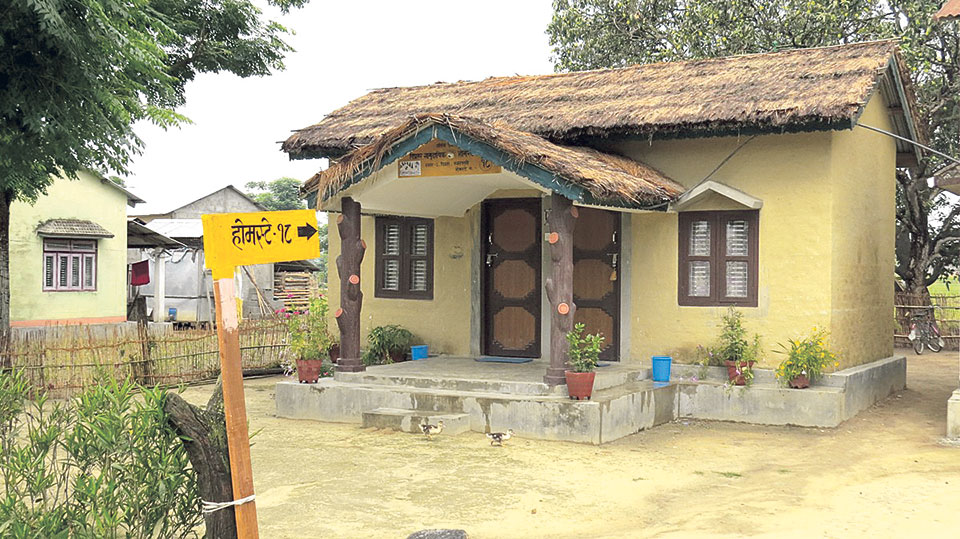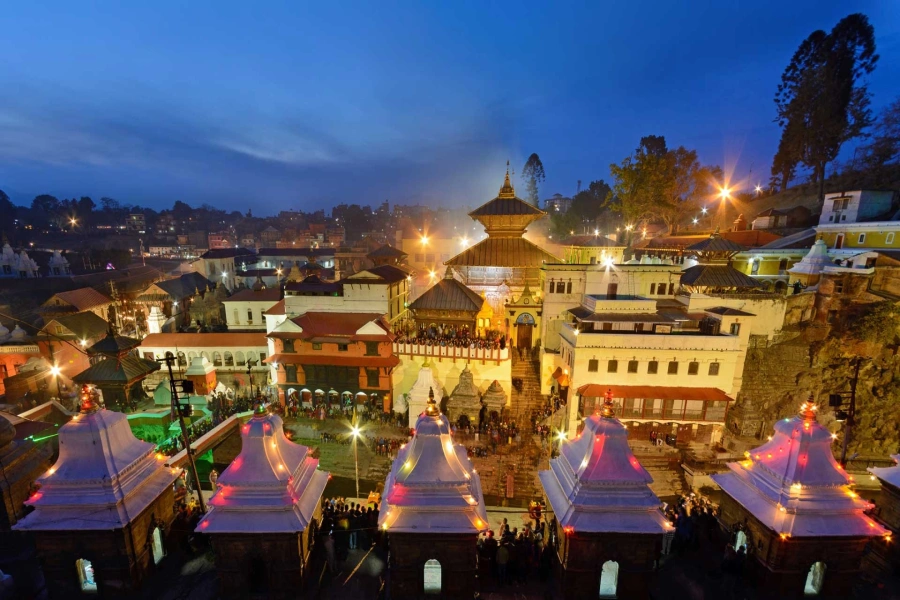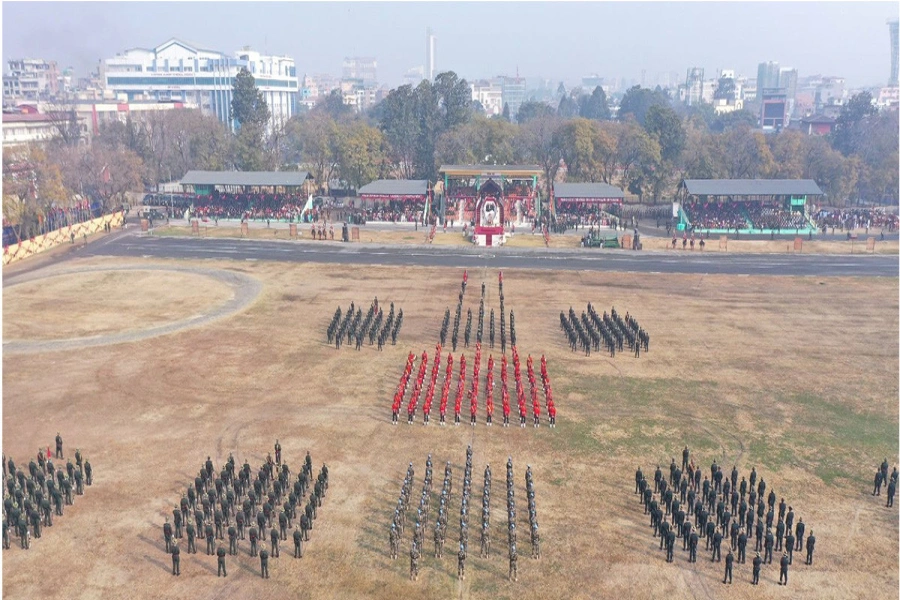Your home is where your heart is attached to. We shouldn’t forget our homes because who we are and where we belong are always meaningful
It’s ages since I have lived in Kathmandu but I do not call it my home yet. I live in a house here but this is not my home. When I think of home, my mind’s antennas rise up with lots of memories—my identity, my mother, siblings and my neighbors. How they call me is different from what other people call me. My ears are tuned to that sound and respond to it quickly. My strong attachment is not only with my family members and neighbors, the stream called Jarekhola where I went swimming with friends and another creek where we went in search for the fallen citrus fruit called ‘lapsi’ are alive with me. Further, the memories of the fields where we played marbles and other children’s games such as dandibiyo, kapardi and volleyball made with stuffing papers or old clothes in an old sock are etched in my mind and will never be erased.
The love I get from my parents, siblings and villagers I will never get from anyone from anywhere in the world. Moreover, there is love attached to the jungle I went to, the path I walked on, and the fruit I ate. The company of friends when we went to graze cattle and the time we spent sitting under a shadow of a tree in summer and those beautiful birds singing atop trees are hard-wired in my memory. While in the village, I could just pop in to anybody’s house at any time and would be welcomed. If it was a meal time they would happily share some. The dogs would wag their tails to welcome me. They would come to see me off up to the highway when I returned to Kathmandu. This happened when I was in a village recently. The looks of those buffaloes, oxen, goats and their frisky kids are flashbacks of where you belong.
Photo.Circle presents ‘Who Does the River Belong To?’ exhibitio...

Thinking of the time I spent with friends playing madal, singing and dancing and those cultural celebrations makes me nostalgic. Dashain, Tihar, Maghe Sankranti, Shiva Ratri, Fagu Purnima, Chaite Dashain, Janai Purnaima and Teej embody in my mind the good and happy time I had. The natural scenery that I came across while going to and returning from school and the faces that I saw are deeply ingrained in my life. The food my mother cooked on firewood will never be replaced by any five-star-hotel food cooked by any chefs in the world. When I sit back in a quiet place, all these memories rule my mind. They are the components of my imagination of home. In Kathmandu, I get none of this. This is why Kathmandu has given me a house to live in but not a home.
In Kathmandu, I feel like a foreigner in my own country. Despite being surrounded by people, I feel alone here. I have never felt that I belong here. I am living a conflicting life. My heart wants to be where it belonged and still belongs but my other ‘artificial’ attachments and compulsions hold me here.
Physically I’m free here but sentimentally I’m in prison. It seems I am living a life of absurdity and am toiling in vain. I don’t have a single friend here with whom I could share everything. I am busy most of the time and yet there is not much I have achieved. I am still struggling for survival. The money I earn is barely enough to pay for accommodation, food and other facilities. Even if I get some time, there are no open fields to go for a walk.
It’s not easy to establish deep connections here. Those people who claim to be the natives of Kathmandu think of themselves as superior and don’t have much regard for those like me. Further, the migrants who have bought a piece of land here and built a house regard themselves high and tend to look down upon other migrants who are living on rented room(s) or flats. For any outsider, it is quite a challenge to establish deep connections with these traditionally proud people and the newly settled snobbish people. For humans, deep connections are important. This is why thousands of people go back to their homes for Dashain and Tihar. Most people living here are obsessed with money and materialism. If you are not like them, you cannot make them your friends. Thus, it appears that if you want to be free and not bound by anybody’s vested interests, you got to be alone. But this loneliness takes you back to home where you belong.
A home is a home and a house cannot replace it. Your home is where your heart is attached to. We shouldn’t forget our homes because who we are and where we belong are always meaningful.
The author is a life member of Nepal English Language Teachers’ Association (NELTA)
rishirampaudyal@gmail.com






































